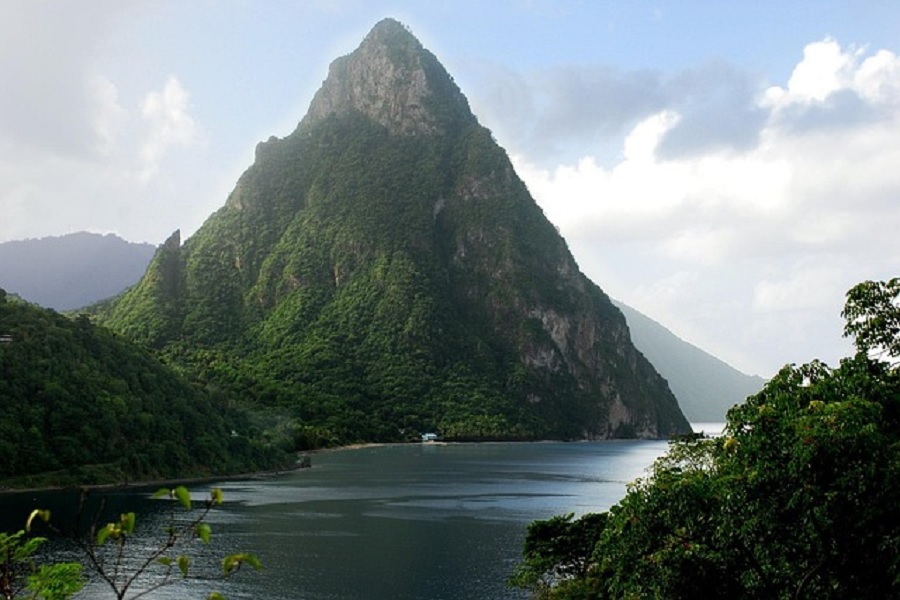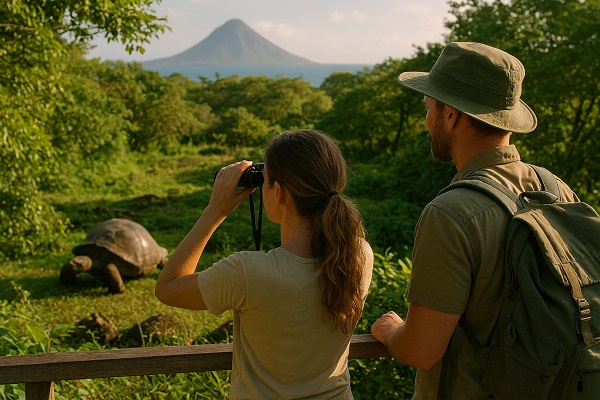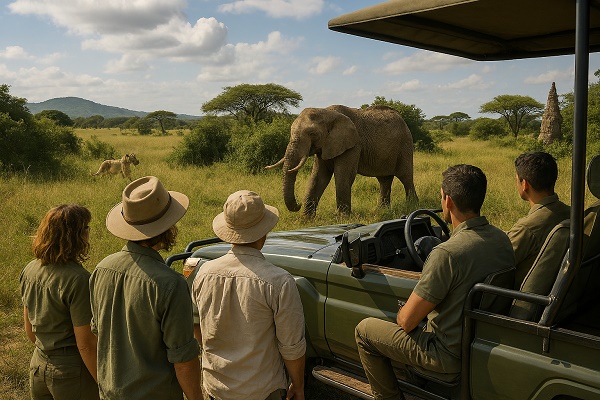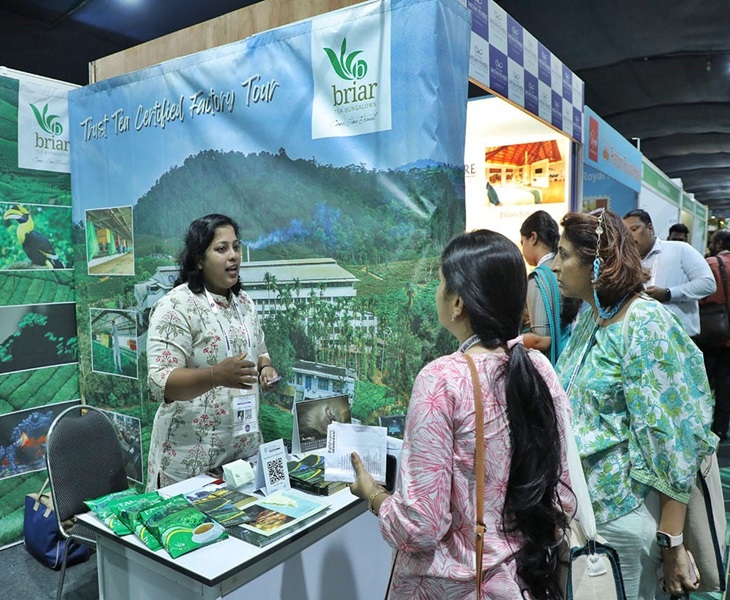Ecotourism in 2025: Leading the Charge in Sustainable Travel

In 2025, ecotourism has evolved from a niche market to a cornerstone of the global travel industry. As environmental concerns intensify, travelers are increasingly seeking experiences that allow them to connect with nature while minimizing their ecological footprint. This shift is not only transforming how people travel but also how destinations develop and promote sustainable tourism practices.
Market Growth and Economic Impact
The global ecotourism market is projected to reach approximately $270.5 billion in 2025, with expectations to grow to $551.8 billion by 2035, reflecting a compound annual growth rate (CAGR) of 7.4%. This surge is driven by travelers' desires for sustainable, nature-based experiences that contribute positively to local communities and ecosystems.
Key Trends Shaping Ecotourism
1. Regenerative Travel
Beyond minimizing harm, regenerative travel focuses on leaving destinations better than they were found. Travelers engage in activities like coral reef restoration in Thailand, reforestation projects in Kenya, and wildlife conservation efforts in Sri Lanka, actively contributing to the health of the ecosystems
2. Carbon-Neutral and Carbon-Negative Initiatives
With tourism-related carbon emissions projected to reach 6.5 billion metric tons by 2025, there's a significant push towards carbon-neutral and carbon-negative travel. Airlines and accommodations are offering options that offset or even surpass the carbon footprint of travel, allowing eco-conscious tourists to make more sustainable choices.
Straits Research
3. Community-Based Ecotourism
Local communities are at the forefront of ecotourism development. In Puerto Rico, the Cabachuelas Project showcases how community-led initiatives can preserve natural resources while providing economic opportunities through tourism. Similarly, in Kenya, community-based conservation models are redefining how tourism supports both people and wildlife.
4. Technological Integration
Technology is enhancing sustainable tourism through digital platforms that promote eco-friendly experiences, facilitate waste reduction, and foster global collaboration for conservation efforts.
The Business Research Company
Global Initiatives and Standards
Countries are implementing national standards to promote sustainable tourism. For instance, Kazakhstan introduced a national ecotourism standard aiming to minimize environmental impacts and preserve unique ecosystems. Additionally, UN Tourism has opened applications for the 2025 edition of its Best Tourism Villages initiative, recognizing rural destinations that exemplify sustainable practices and cultural
Wildlife and Nature-Based Tourism
Nature-based tourism is flourishing, with destinations like Colombia experiencing a surge in birdwatching tourism, benefiting both conservation efforts and local economies. Eco-cruises, such as the Galápagos Explorer, offer intimate, conservation-focused experiences, highlighting the delicate balance between tourism and ecosystem preservation.


.jpg)





















